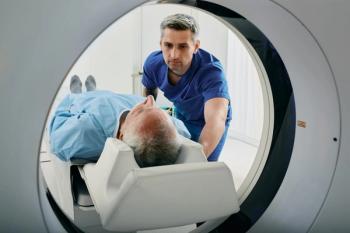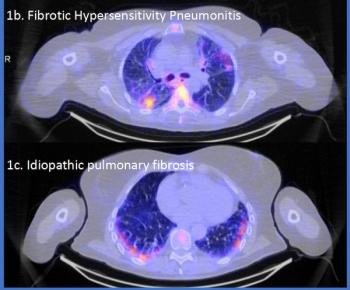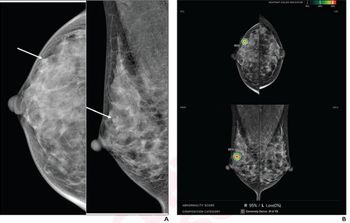
Competency Check-Off For Residents Lowers Dose
Lower radiation doses were achieved when a competency check-off for radiology resident trainees was implemented.
Use of competency check-off for radiology resident trainees reduces average radiation doses in pediatric patients undergoing three common fluoroscopic studies, according to a study published in the journal
Researchers from the University of Missouri-Kansas City, and St. Children’s Mercy Hospitals and Clinics in Kansas City, performed a 12-month study to determine if implementation of a fluoroscopy competency check-off for radiology resident trainees would decrease radiation exposure in three common pediatric fluoroscopic studies.
The researchers developed the competency check-off form, and techniques used to limit radiation exposure for common pediatric radiologic studies were reviewed as part of the check-off process. Trainees were supervised until they demonstrated that they were able to independently perform upper GI (UGI), voiding cystourethrogram (VCUG), and oropharyngeal (OPM) exams. Radiation doses for the exams were recorded for the six months prior to the implementation of the competency check-off and six months after implementation.
A total of 171 UGI, 176 VCUG, and 171 OPM exams were performed in the first six months of the study, and 114 UGI, 145 VCUG, and 132 OPM exams in the second six months, for a total of 909 fluoroscopic procedures. The results showed that there was a statistically significant reduction in average radiation dose for all three studies following implementation of the competency check-off. Median cumulative doses (mGy) were decreased by 33%, 36%, and 13% for UGIs, VCUGs, and OPMs, respectively.
The researchers concluded that such a competency check-off for radiology resident trainees can reduce average radiation doses in pediatric patients undergoing three common fluoroscopic studies.
Newsletter
Stay at the forefront of radiology with the Diagnostic Imaging newsletter, delivering the latest news, clinical insights, and imaging advancements for today’s radiologists.
















